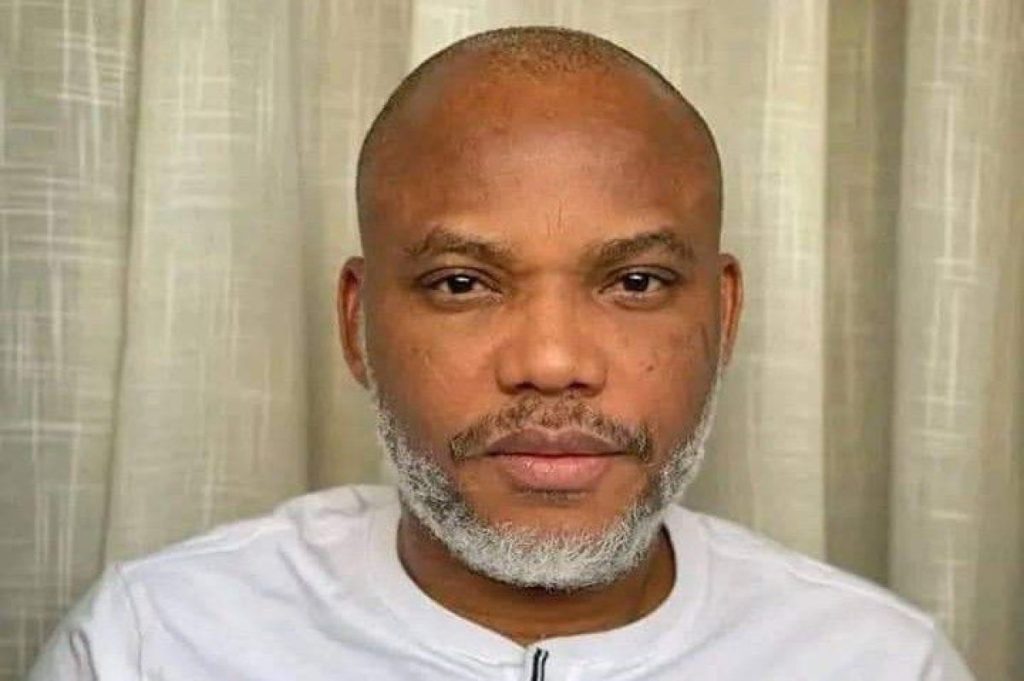The Indigenous People of Biafra (IPOB) has rejected Thursday’s judgment of the Federal High Court in Abuja sentencing its detained leader, Nnamdi Kanu, to life imprisonment on seven terrorism-related charges.
In a strongly worded statement issued on Friday by its spokesperson, Emma Powerful, the group insisted that Kanu “committed no offence known to Nigerian law”. It maintained that his activities amounted solely to self-determination — a right, it said, that is protected under several international human-rights conventions.
Powerful criticised the judgment delivered by Justice James Omotosho, accusing the judge of failing to apply Section 36(12) of the 1999 Constitution, which explicitly states that no individual can be convicted of an offence not defined in a written law. IPOB alleged that the ruling relied on repealed or non-existent legal provisions, rendering the decision “unconstitutional”.
“The IPOB wishes to inform the global community, diplomatic missions, international media, and lovers of freedom that we shall, in the coming days and weeks, lay bare the fundamental defects, contradictions, and illegalities that define the recent ruling,” the statement said.
IPOB insisted that no weapons, explosives, or military-grade equipment were ever found in Kanu’s possession, nor had any witness — civilian or military — testified that he committed a recognised offence. According to the group, the Federal Government has merely “criminalised self-determination”, citing Article 20 of the African Charter on Human and Peoples’ Rights and Articles 1 of two major UN covenants that recognise the right to pursue self-determination.
“Self-determination is a protected right, not a crime. Agitation is not terrorism, and requesting a referendum is not a weapon,” the statement added.
Read Also: Court jails Nnamdi Kanu for life after decade-long terrorism trial
IPOB further argued that insecurity in the South-East worsened. At the same time, Kanu was detained in the custody of the Department of State Services, insisting that the violence recorded during that period could not logically be attributed to him. The group also revisited past military operations, alleging that IPOB members were killed during “Operation Python Dance” and other crackdowns, with no security personnel held accountable.
The organisation maintained that it would soon publish a detailed rebuttal of the judgment and vowed to intensify engagement with international bodies over what it described as ongoing judicial and human rights violations. IPOB also reiterated its longstanding demand for a United Nations-supervised referendum to determine the political future of the South-East.
Justice Omotosho had, in his ruling delivered in Kanu’s absence, held that the IPOB leader’s Radio Biafra broadcasts and his directives enforcing sit-at-home orders amounted to acts of terrorism, adding that his alleged links to attacks on security personnel formed part of the prosecution’s evidence.



